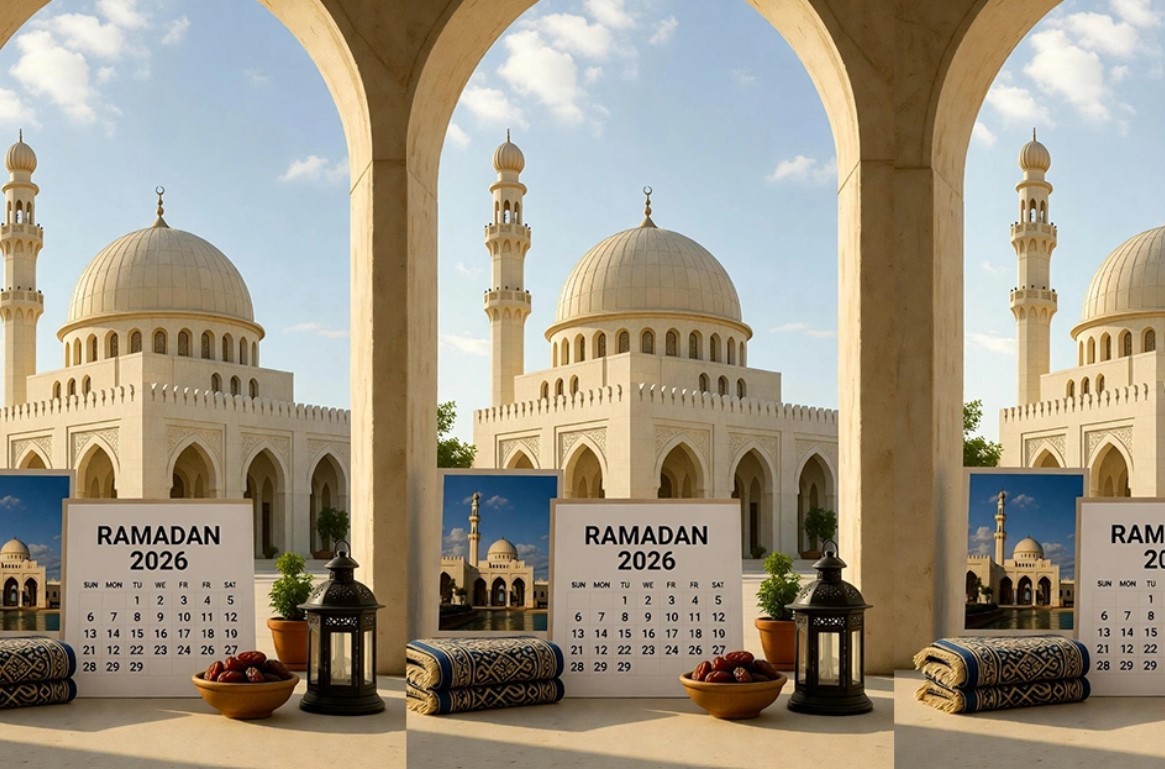Best Foods to Eat and Avoid During Ramadan for a Healthy Fast
 What is Eid-al-Fitr: Date, Different Celebration Around the World What is Eid-al-Fitr: Date, Different Celebration Around the World |
 Happy Eid Mubarak: Best Wishes and Great Messages Happy Eid Mubarak: Best Wishes and Great Messages |
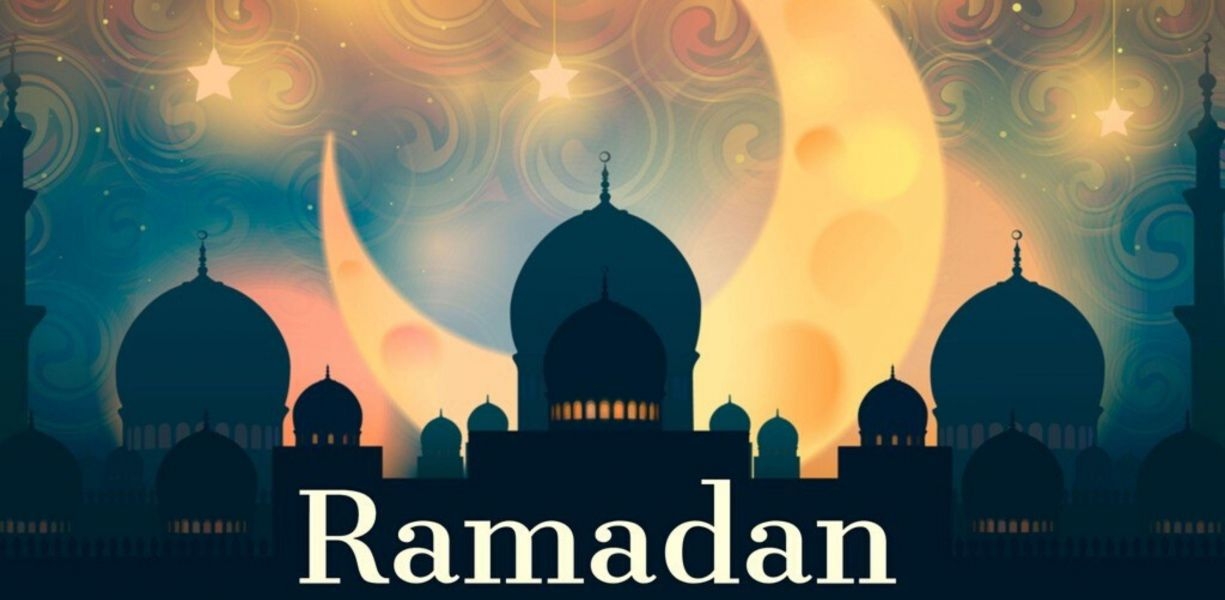 |
| What to Eat and What to Avoid During Ramadan - Photo: Stockport |
Ramadan, often called the "Sultan of 11 Months," is a sacred time when billions of Muslims worldwide engage in deep reflection, fasting, and spiritual growth. During this holy month, fasting from dawn until sunset not only shifts your daily eating and sleeping habits but also resets your body's biological clock, impacting both your health and mental outlook. When fasting, your body naturally slows its metabolism to conserve energy, making mindful nutrition crucial.
Stay Healthy and Energized During Ramadan
To fully experience the spirit of Ramadan, staying hydrated and making wise food choices during Suhoor (pre-dawn meal) and Iftar (meal after sunset) are key. With thoughtful planning, you can keep your energy levels up and embrace the month with vitality.
Learn more: When Will Ramadan 2025 Start and End?
What is Ramadan?
Ramadan, the ninth month of the Islamic calendar, is a period of spiritual cleansing, self-discipline, and compassion for those in need. Muslims around the world fast from food and drink during daylight hours for an entire month, fostering a sense of humility and gratitude.
Fasting promotes not only spiritual growth but also numerous health benefits. Curious to learn more? There's a wealth of information available online, and I can share additional valuable resources with anyone interested. Today, let's dive into Ramadan recipes and explore the health benefits of fasting.
What to Eat During Ramadan: Nutritious Choices for Suhoor and Iftar
• Eggs: These protein-packed powerhouses are versatile, delicious, and incredibly filling—perfect for keeping you energized throughout the day.
• Oatmeal: Rich in fiber, oatmeal makes an ideal Suhoor meal. Soluble fiber turns into a gel in the stomach, slowing digestion and helping to manage cholesterol and blood sugar levels.
• Dairy Products: Packed with calcium and vitamins, dairy items like yogurt smoothies or vanilla and honey milkshakes can help sustain your energy and keep you hydrated.
• Dates: Traditionally used to break the fast, dates are full of potassium. They provide quick hydration and an energizing boost, perfect after a long day of fasting.
• Stay Hydrated: Drink plenty of water and fruit juices between Iftar and bedtime to prevent dehydration.
• Raw Nuts: Almonds are a great source of healthy fats. They offer a satisfying crunch and essential nutrients without causing overindulgence—ideal for a balanced Iftar.
• Hydrating Vegetables: Cucumbers, lettuce, and other water-rich vegetables are excellent for hydration. They support skin health, aid digestion, and help keep the body cool.
By choosing nourishing foods and staying mindful of your body's needs, you can make the most of this spiritually significant month while maintaining good health and well-being.
Suggestions for What to Eat During Ramadan
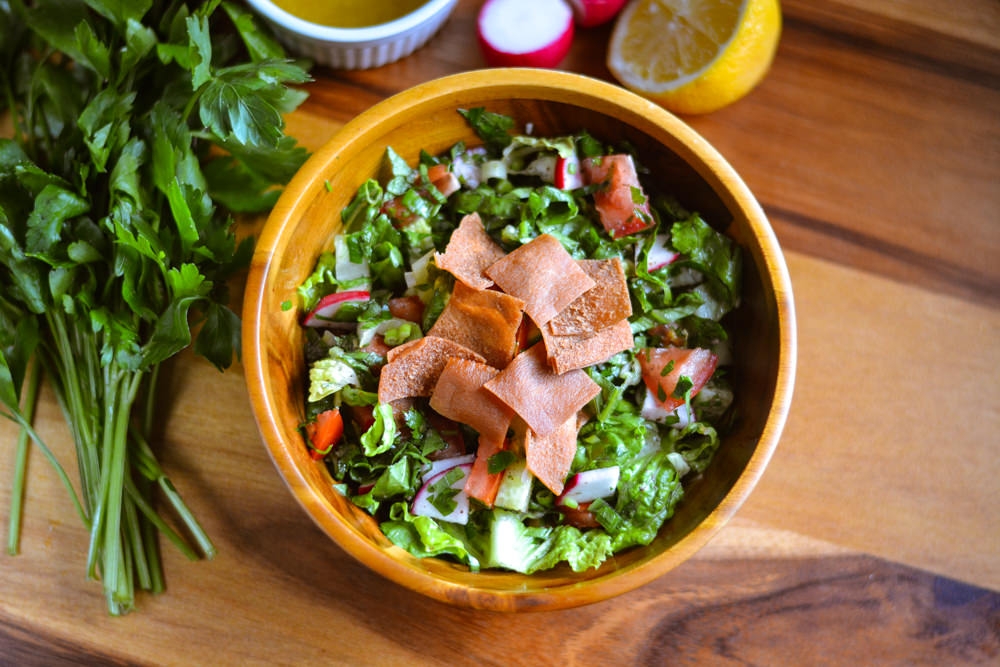 |
| Photo: Simplyleb |
Authentic Middle Eastern salads
My mom makes one of my favorite Ramadan dishes almost every day of the month. Fattoush Salad, a simple salad of raw vegetables and toasted pita bread dressed with a tangy sumac-based Mediterranean dressing. I'm confident you'll enjoy this genuine recipe.
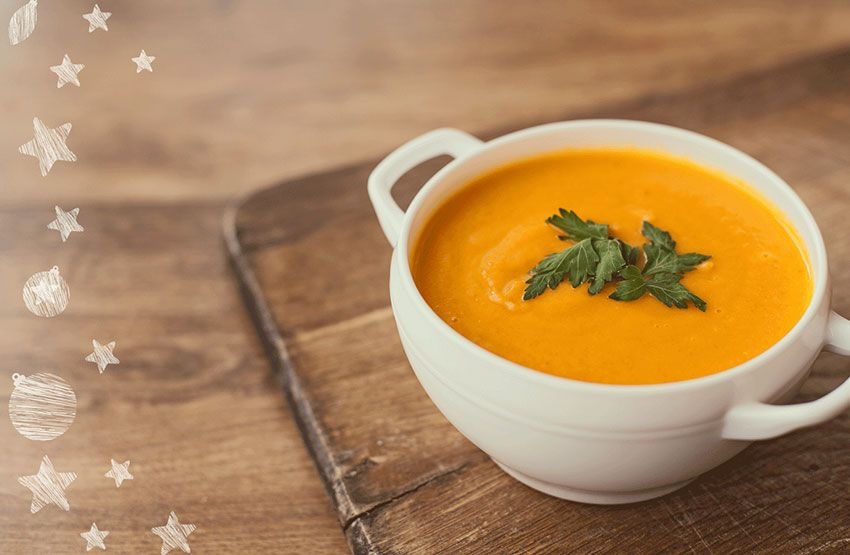 |
| Photo: Seaofherbs |
Classic Ramadan soup recipes
Crushed Lentil Soup is the most requested soup dish during the holy month of Ramadan. One of my very favorite soups, I enjoy making this dish any time of year. It's comforting, delicious, and healthy; it's made with red lentils, short-grain rice, onions, carrots, cumin, and freshly squeezed lemon juice.
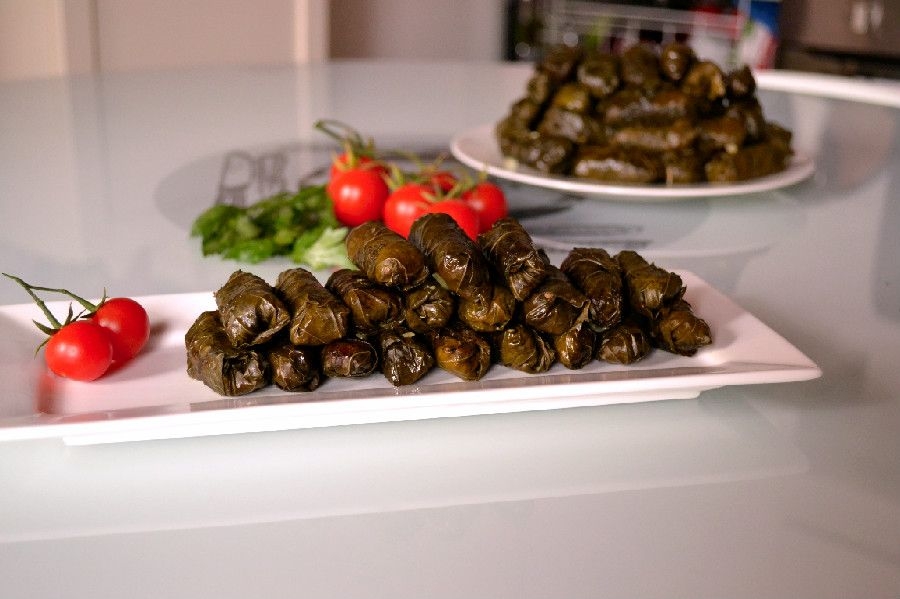 |
| Photo: Pinterest |
Best Ramadan appetizer recipes
My favorite appetizer is stuffed grape leaves (warak arish), a Mediterranean classic recipe that is commonly eaten during Ramadan and is made with short grain rice, parsley, tomatoes, and onions. This version is suitable for vegetarians. I've also provided instructions for making meat stuffed grape leaves, which are filled with a mixture of ground beef and rice that's been seasoned.
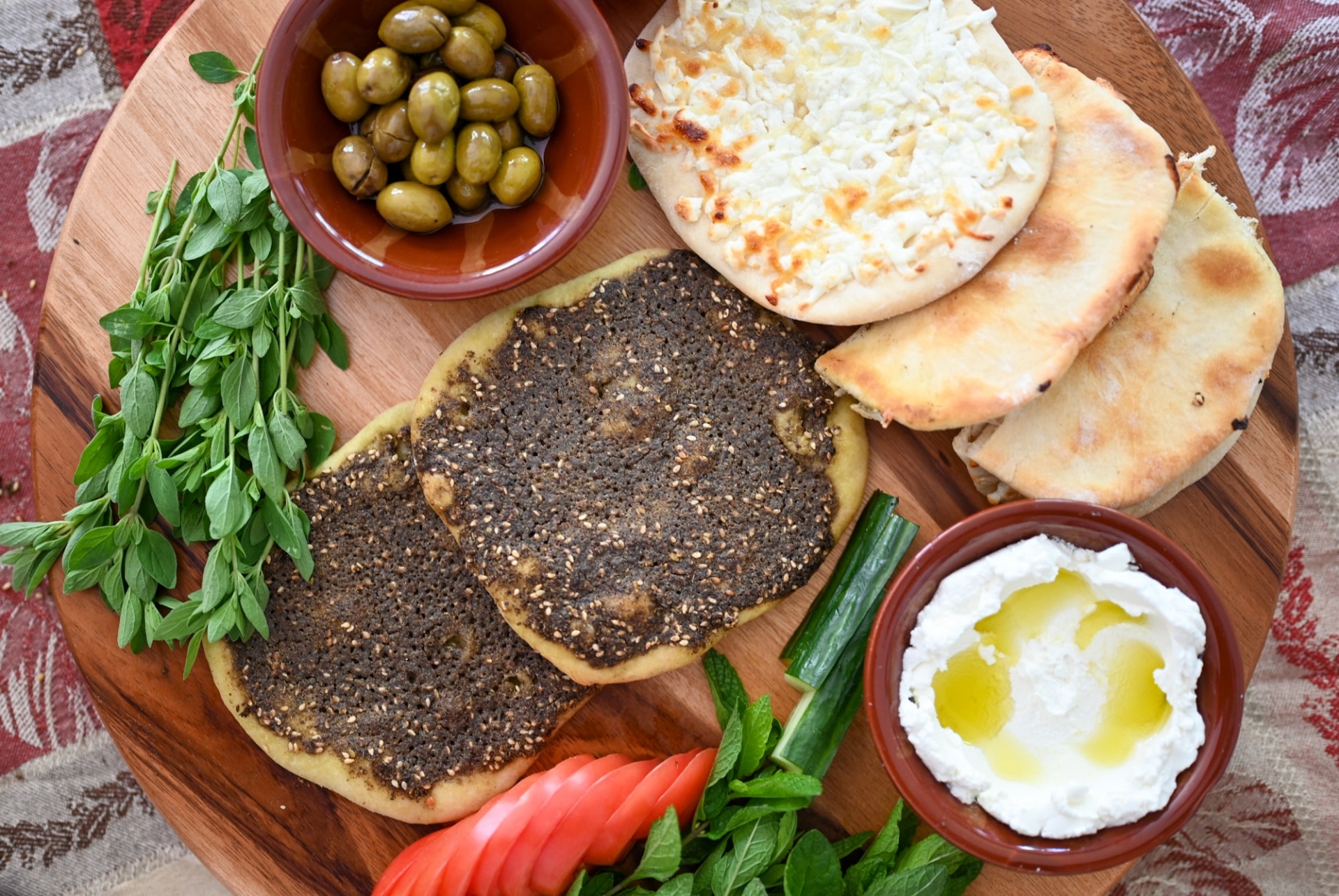 |
| Photo: Simplyleb |
Suhoor Ramadan recipes
Suhoor is an ideal time to eat breakfast foods, especially those that will keep you feeling full and energized all day long. Due to the early timing of this meal, I suggest getting your breakfast ready the night before so that you can simply heat it up and eat. The best way to fix that is with overnight oats. They are delicious either cold or warmed up, and there are countless ways to customize them.
Additionally, Zaatar Manakeesh is a safe bet. Flatbread popular in the Mediterranean, prepared with dough and the spice zaatar. It's a simple dish to prepare from scratch with just a few ingredients, and it goes well with Labneh, an Arabic cheese, and raw vegetables. Veggies should be washed and chopped the night before they're used.
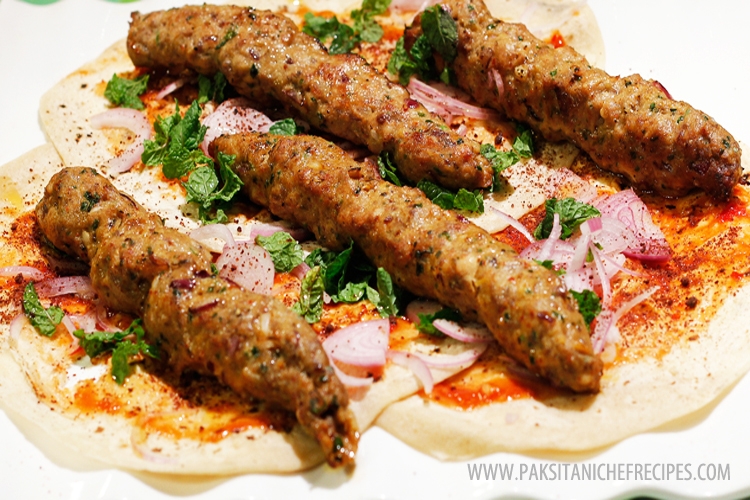 |
| Photo: Pakistanichefrecipes |
Main dishes for Ramadan
If you’re looking for some protein-rich meals, try Chicken Kafta or Beef Kafta – both made with ground chicken or beef along with parsley, onions and spices. They both pair really well with my authentic Lebanese Rice.
What to Avoid During Ramadan: Keep Your Fast Healthy and Energizing!
To make the most of Ramadan, it's important to steer clear of certain foods and drinks that can drain your energy or disrupt your fast. Here's what to avoid for a healthier and more fulfilling fasting experience:
1. Refined Carbohydrates
Skip foods like sugar, white flour, pastries, donuts, and croissants. These simple carbs provide a quick energy boost but crash within 3-4 hours, leaving you feeling sluggish and hungry.
2. Salty Foods
Avoid salted nuts, pickles, chips, and soy sauce-laden dishes. These foods can upset your body's sodium balance, leading to excessive thirst and discomfort while fasting.
3. Caffeinated Beverages
Beware of coffee, tea, and energy drinks! Caffeine can cause dehydration, restlessness, and sleeplessness. At Suhoor, it’s best to opt for hydrating options like herbal teas or just plain water.
4. Carbonated and Processed Drinks
No matter how tempting, say no to sodas and sugary processed drinks. They don’t quench thirst and can actually contribute to dehydration. Stick to water or coconut water for natural hydration.
5. Sugary Treats
Cut back on candies, chocolates, and sweets. These sugar-laden foods can lead to weight gain and interfere with maintaining stable energy levels during the day.
6. Fried and Fatty Foods
Stay away from fried dumplings, samosas, oily curries, and pastries. These high-fat foods may seem satisfying, but they often lead to indigestion and prevent you from enjoying the health benefits of fasting.
By avoiding these foods, you can maintain stable energy, reduce thirst, and enhance the spiritual and physical benefits of Ramadan. Make mindful choices, and let this holy month be a time of nourishment for both body and soul!
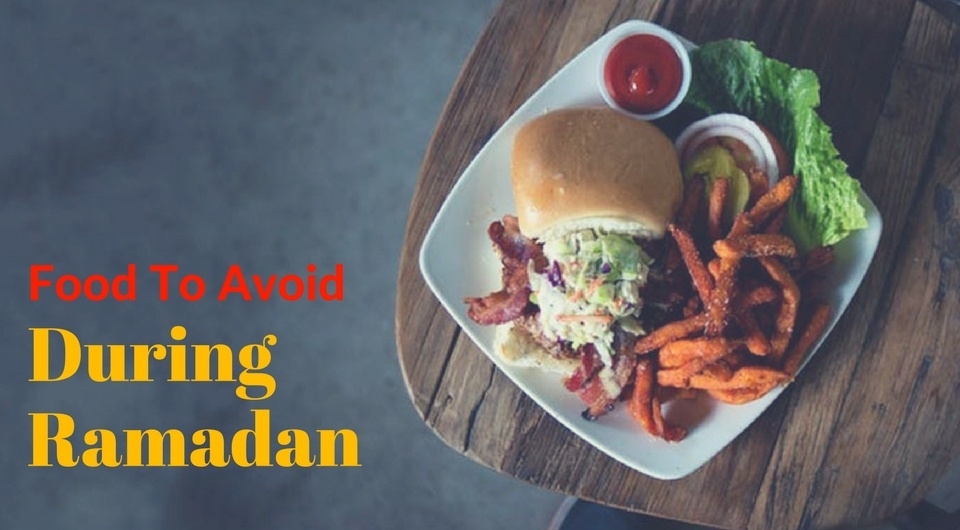 |
| Photo: Halaltrip |
Foods to Avoid During SuhoorTo maintain energy and hydration throughout your fast, it’s important to make wise food choices at Suhoor. Avoid refined carbohydrates like white bread, pastries, and sugary cereals. These foods lack essential nutrients and provide only a short burst of energy, leaving you feeling hungry soon after. Salty foods—such as chips, pickles, and processed snacks—should also be limited, as they can disturb your body's sodium balance, leading to excessive thirst during the day. Additionally, steer clear of caffeinated beverages like coffee and tea. Caffeine can cause restlessness and dehydration, increasing your thirst and potentially disrupting your sleep. Foods to Avoid During IftarBreaking your fast with the right foods is just as important. Avoid processed and carbonated drinks, which may seem refreshing but offer little nutritional benefit and can lead to bloating. Stay away from high-sugar foods and fried items, including chocolates, sweets, samosas, dumplings, and similar treats. These foods can lead to rapid weight gain, energy crashes, and digestive discomfort, undermining the health benefits of fasting. Choosing wholesome, nutrient-rich foods at Suhoor and Iftar will help you maintain steady energy levels and enjoy a healthier, more balanced Ramadan. |
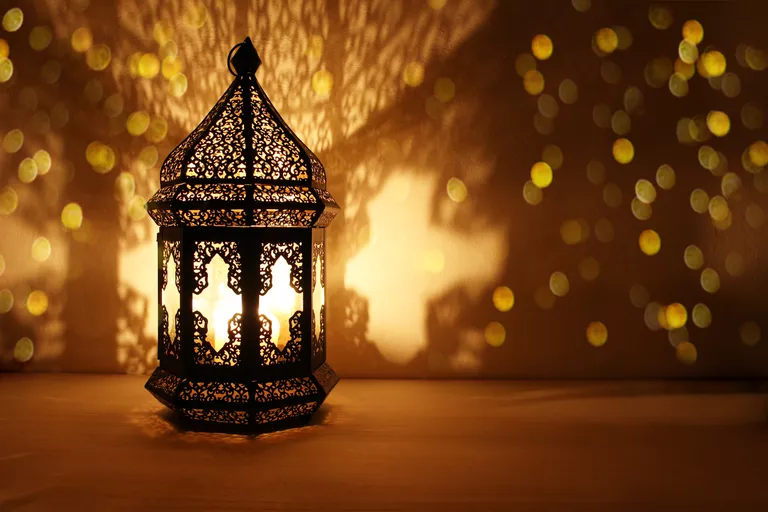 Ramadan: Dos and Donts, Why It Is The Most Important for The Muslim Community Ramadan: Dos and Donts, Why It Is The Most Important for The Muslim Community Ramadan is the ninth month of the Islamic lunar calendar, observed by practicing Muslims as a month of fasting, reflection, and prayer. It commemorates ... |
 Ramadan: Interesting Facts, Traditions and Celebrations Around the World Ramadan: Interesting Facts, Traditions and Celebrations Around the World Ramadan, Islam's holiest month, is coming soon. Let find out with Knowinsiders how this Muslim Holy Month is celebrated all over the world! |
 Ramadan: Date, History, Original and Meaning Ramadan: Date, History, Original and Meaning Ramadan 2021, Islam's holiest month, is coming soon. Check out the article below for complete information about this Muslim Holy Month! |


